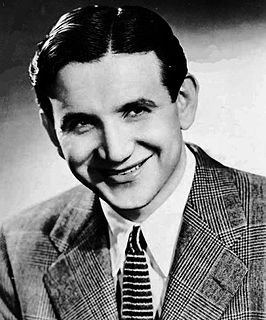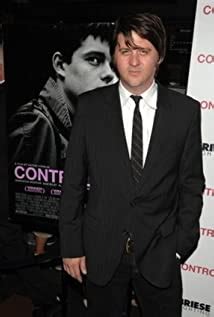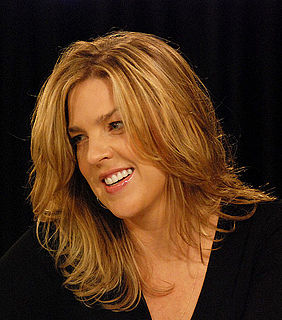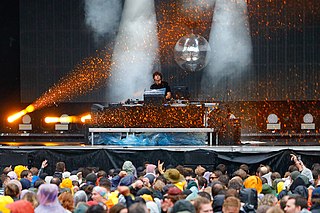A Quote by Karl Barth
Mozart's music is an invitation to the listener to venture just a little out of the sense of his own subjectivity.
Related Quotes
Mozart in his music was probably the most reasonable of the world's great composers. It is the happy balance between flight and control, between sensibility and self-discipline, simplicity and sophistication of style that is his particular province... Mozart tapped once again the source from which all music flows, expressing himself with a spontaneity and refinement and breath-taking rightness that has never since been duplicated.
Perhaps within the next hundred years, science will perfect a process of thought transference from composer to listener. The composer will sit alone on the concert stage and merely 'think' his idealized conception of his music. Instead of recordings of actual music sound, recordings will carry the brainwaves of the composer directly to the mind of the listener.
To be in a beast of a musical (I mean it's huge!) gave me a sense of I don't want to say "a sense of confidence" because you already have a sense of that to get out on stage. But I think I just have a better sense of myself. It was a learning process, I really had to conquer a lot of fears and my own little struggles. I feel a little self-empowered, like "bring it on!" Bring on the next thing because if I can conquer this, I can conquer that.
I am no theologian. I am a layman. I am among those who are preached to, and who listen. It is not for me to preach. I should not willingly forego being a listener, a man who reads the Gospels and then listens to what others say that our Lord meant. But sometimes a listener speaks out, and listens to his own voice.
The Control movie is not about suicide, it's not about epilepsy, it's not about everything else, but it's about an individual who was thinking out of the box and took his own passion and created music. His negativity and whatever else, he bottled them up and spilled them out onto his world of music. I think a sense of hope comes from the end of the movie, in my mind. Some people come out of the movie and think, 'That's the saddest thing I've ever seen,' and others come out and think, 'God, there's optimism.'





































